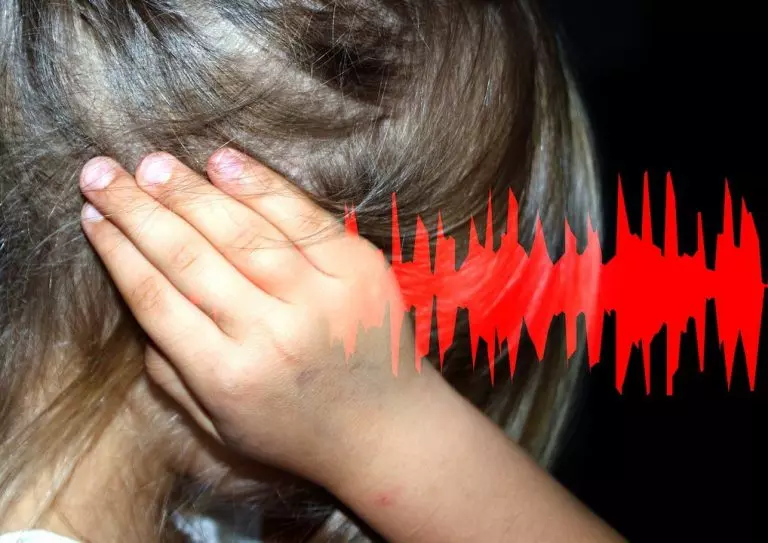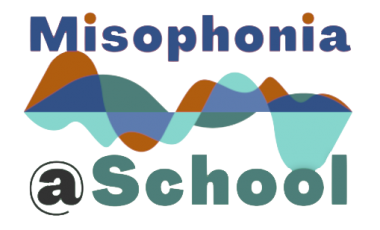Misophonia, which literally means “hatred of sounds”, is a condition in which ordinary everyday sounds such as the sounds of someone eating food, drinking water or even breathing sounds cause extreme discomfort to the affected person. Since these “trigger” sounds are common in social situations, those suffering from misophonia avoid situations such as family reunions or the use of public transport. In our laboratory at the University of Iowa we worked to understand the brain mechanism of misophonia.
In 2017 we showed that a part of the brain called the anterior insula, which is known to be involved in the processing of emotions, is strongly activated when those suffering from misophonia listen to the trigger sounds. On the other hand, it is interesting to note that the part of the brain that processes sounds (auditory cortex) functions normally in misophonia patients. In our most recent work published in 2021, we stated that misophonia is not a sound processing disorder per se, but is related to the way we process other people’s visual and auditory cues.
The general message of brain imaging is that the “anomaly” in misophonia does not reside in the part of the brain that processes sounds, but in parts of the brain that interpret and give a “sense” to sounds. We hope these results of our work will help develop even more effective treatments / therapies for misophonia in the future. Prof. Sukhbinder Kumar



